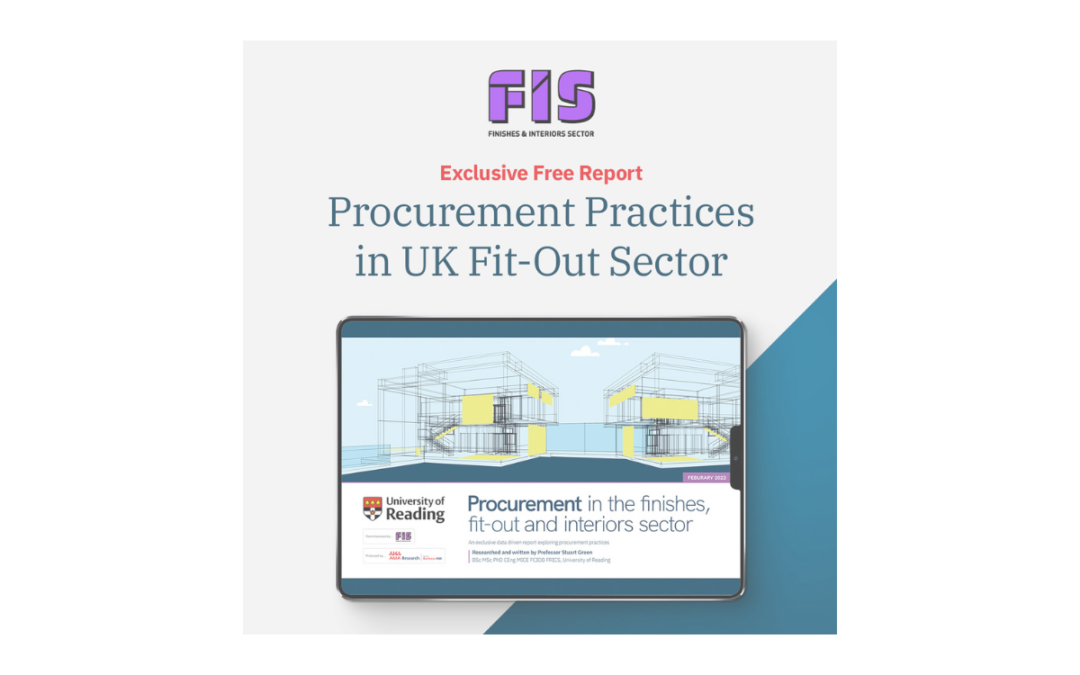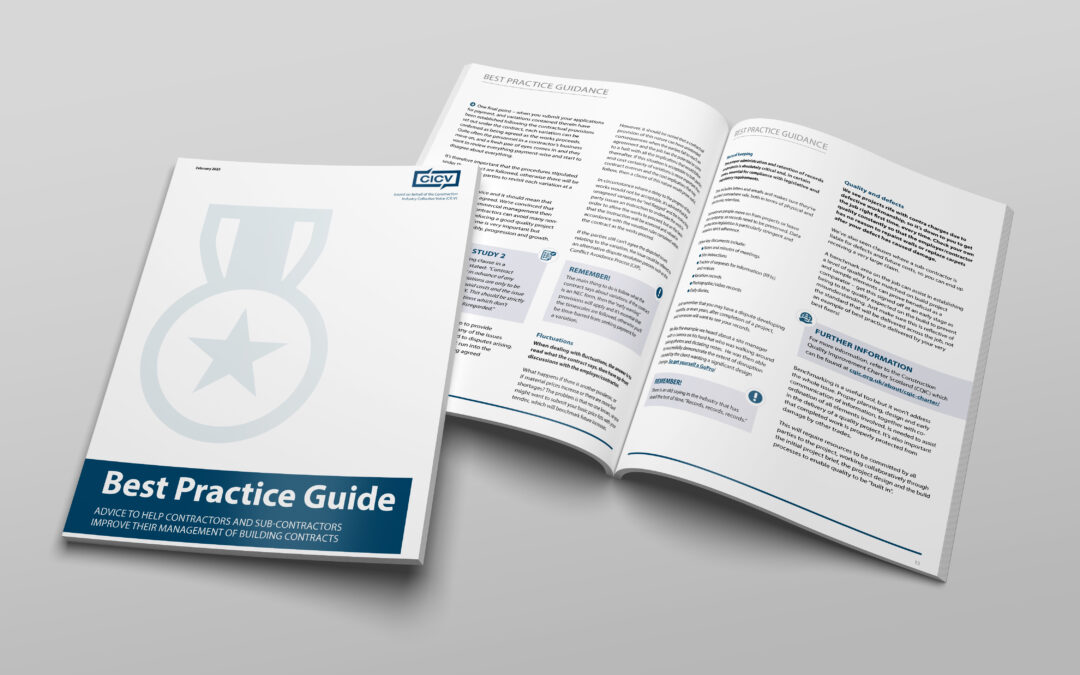
Project Happiness: Benchmarking Culture in Construction
The Condor Collective are partnering with The FIS on Project Happiness; to better understand the metrics around topics such as mental health, retention, apprenticeships, collaboration, communication and general happiness of the people and businesses that make up the fitout sector.
The Outlook: Construction and the fit-out sector
Construction contributes £117 billion to the UK economy (6%) with 2.4 million jobs in the sector, 7% of the UK total. You are an important bunch!
According to the latest Construction Skills Network (CSN) report an extra 225,000 construction workers may be needed by 2027 to keep up with projections. This means the Greater London construction industry would have to increase current recruitment by 3,450 new workers each year to deliver expected projects, in addition to retaining its current workforce.
For the industry to meet increasing demand, it is imperative that construction leaders have useful and relevant data to inform their decisions around engagement, attraction and retention. Culture and employee engagement are crucial metrics for any construction company in the current climate.
For business leaders to be fully informed, they need access to up-to-date, sector specific benchmarking data relevant to size and location of their business. With this information leaders and employees can more accurately compare, and learn about the successes and challenges most applicable to them.
How will Project Happiness help business leaders?
The benchmark data gathered in this process will inform business leaders of engagement within the fitout sector, allowing leaders to make informed decisions on engagement and impact retention for their own teams.
All FIS members who participate & qualify* will receive their own set of results against the benchmark data.
Sample questions:
“I still see myself working at my company in two years’ time” – The data we gather around questions like this will deliver insights on an individual business’ retention, as well as loyalty & overall engagement levels in the fitout sector.
“My manager coaches me and supports my professional development.” – The data we gather around questions like this will deliver insights on career progression & development and engagement derived from purpose & mastery in the fitout sector.
“Decisions are communicated clearly and openly by the leadership team.” – The data we gather around questions like this will deliver insights on company cultures in the fitout sector and to what degree are businesses adopting modern leadership practises.
“I would feel comfortable discussing my mental health with someone at my company.” – The data we gather around questions like this will deliver insights on how individual businesses are investing in support and allow us to benchmark how well the sector is ensuring mental health support & training is a priority.
Employees, why participate?
We want to hear from as many employees working in the fitout sector as possible on topics such as engagement, leadership, learning & development, collaboration & communication in fitout companies and across the sector.
This mass data capture will provide a snapshot of how the sector approaches employee engagement, and from the insights we will be able to look at what can be improved not only to retain employees at business level, but also attract new people into fitout.
This is an opportunity for all employees to have a voice and a platform to report on how they feel their employer is performing and how they feel about the industry as a whole. The more people who participate, the clearer the picture we gain insights in to.
All employees who complete the survey before the 1/7/2023 will be entered into a draw to win a £250 gift vouchers!






